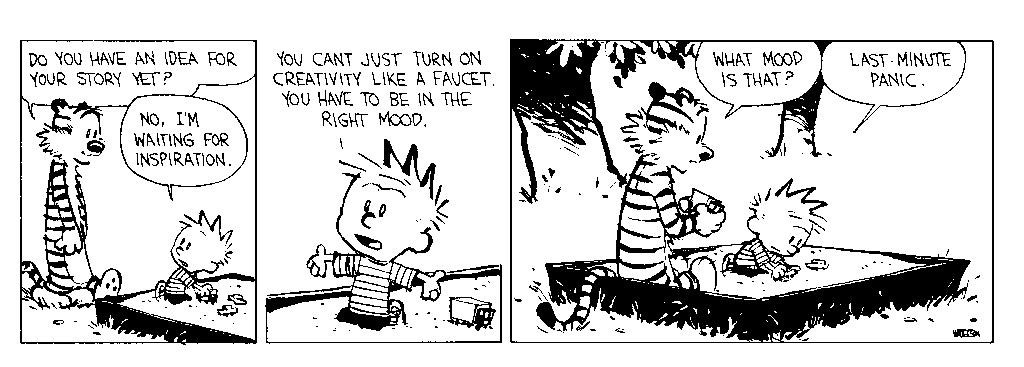Every morning, etched above the podium in my high school auditorium, I read an inscription from Luke 12:48: “From those to whom much has been given, much will be expected.” I heard the usual platitudes from college professors and administrators who pushed us to change the world. I listened to my parents tell stories about building a life in America, with no support to fall back on.
So, I have a fraught relationship with the concept of settling. In general, I’ve tried to eschew compromise in favor of simply doing more. Even the word “settling” feels murky: I want to avoid being unsettled, but settling for less feels like giving up.
When I graduated from HBS, I couldn’t quite define exactly what I was looking for — but I knew I wanted an adventure. I’m glad I trusted that instinct; when I found Gorillas, it immediately felt right (but how could I have ever know that I’d want to work for a grocery store?) Anecdotally, my classmates who took time finding jobs tended to have better experiences than those who jumped early for the sake of security.
Psychologists have a word for people like me — “maximizers” — but suggest that they tend to be unhappier, over the long run, than their “satisficer” counterparts. Often, deliberating over several options give us only the illusion of happiness. In a compelling Ted Talk, psychologist Barry Schwartz suggests that freedom of choice generally leads to less happiness than being forced to stick with a decision.
I’m grappling with this tradeoff right now, as I work through a few different startup ideas or paths I can go down. Living in this state of optionality — I can do anything! — is both exciting and comfortable. When I reflect on the major inflection points of my life, waiting until conviction has typically worked out. But still: I can’t explain what would propel me in one direction or another. It feels flimsy.
The typical mantra of startups is to move fast and learn quickly. But the tradeoff between working with rhythm and waiting until conviction may not be so stark: the former can be a mechanism to achieve the latter. Shooting for perfection has its place, but uncertainty should not prohibit movement. The steps may be small or even misguided, but they tend to illuminate a path we would have been otherwise unable to see.
In some ways, that’s why I’m here on Substack. Rather than laboring weeks over a single piece, as I have often done, I’m aspiring to post consistently and find “good enough” in my writing. Maybe it will help inform my next career move: I don’t know how to describe full conviction, but I expect that taking some small steps will help me find it.





Sounds like golf. One shot, one hole, one round, a lifetime of adventure while accepting that perfect is random and relative. Thank you for sharing your journey.